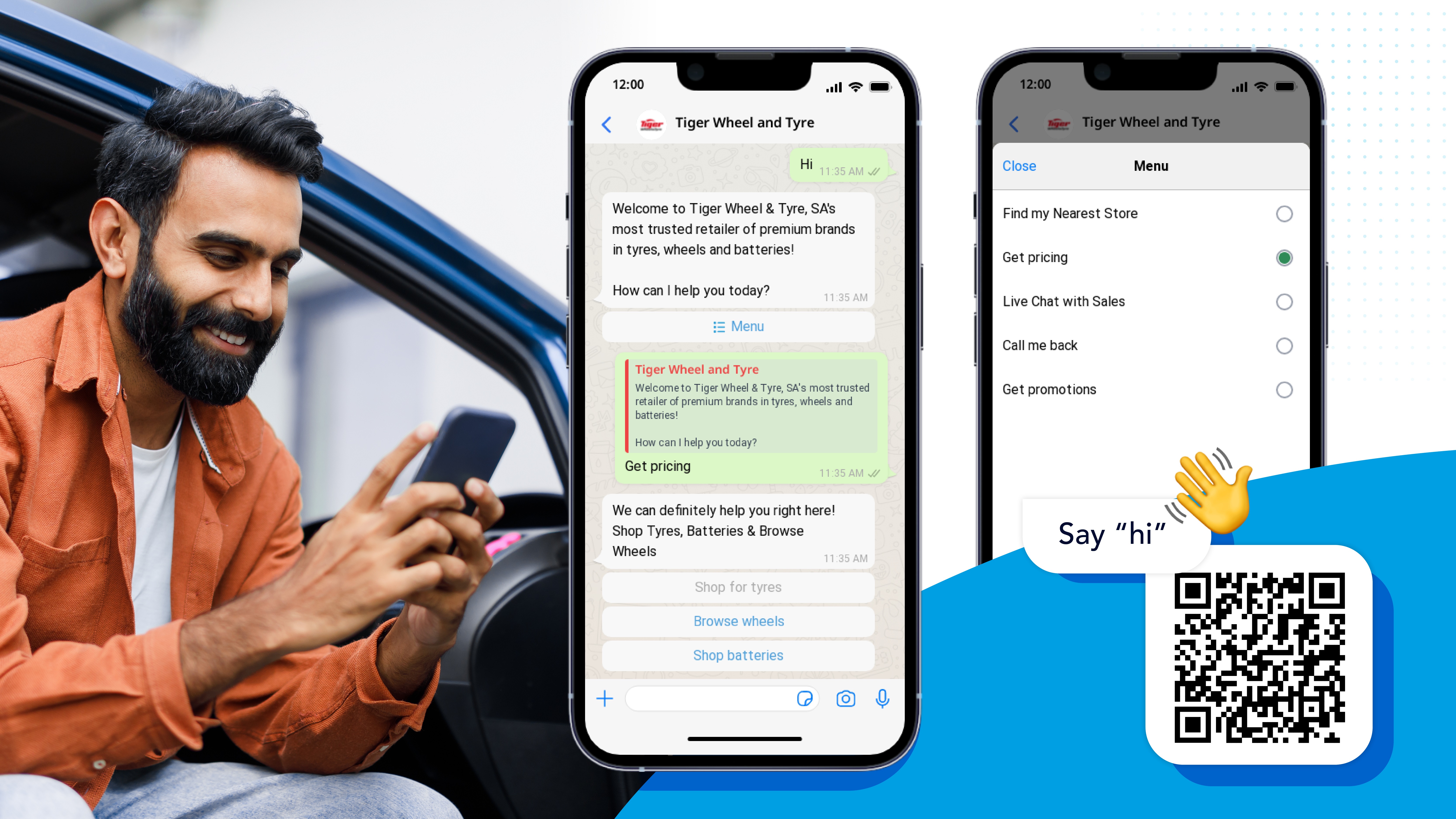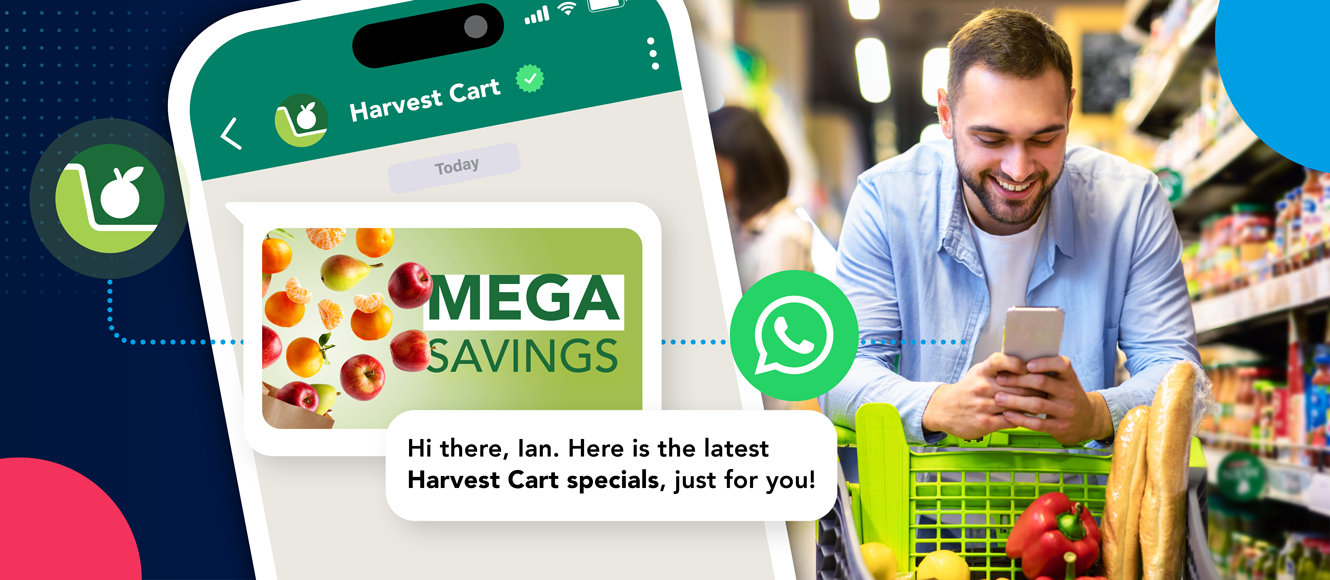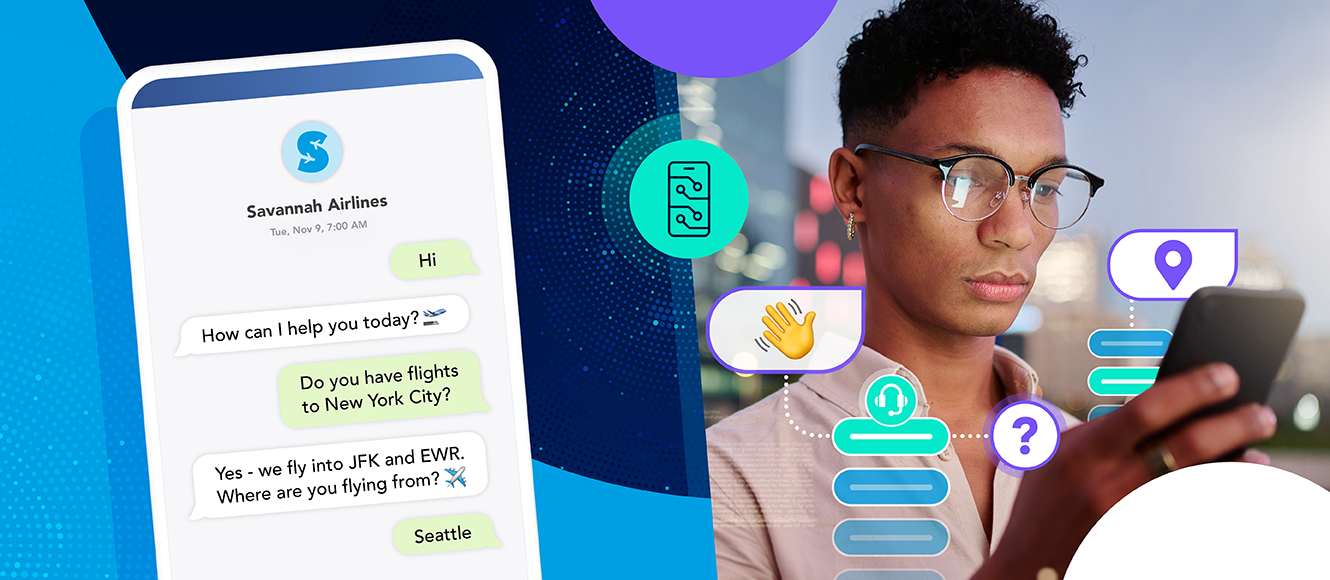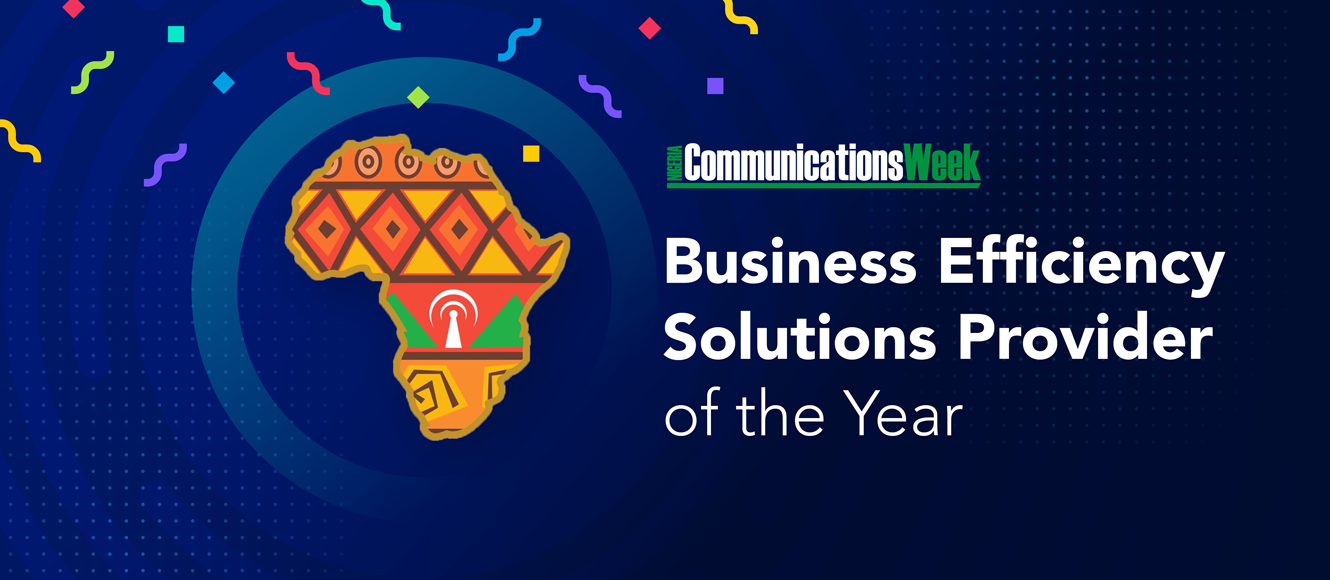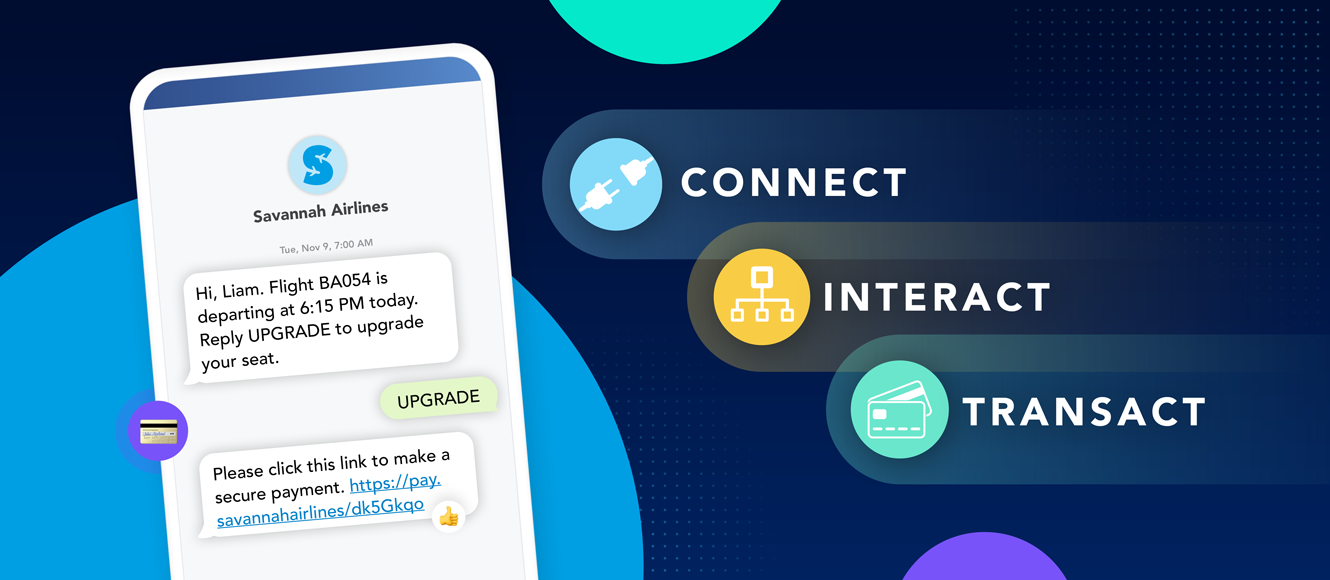Redwood City, CA - In less than a decade, mobility has gone from a mere convenience to an absolute must-have, both in the US and globally. In the US, mobility is most commonly used for social connections and is gaining momentum for high-value transactions and mobile services such as banking, healthcare, government, and more, albeit on a slower scale, especially when compared to other, developing regions around the world. In Afghanistan, small business owners absolutely depend on mobility to bank; in South Africa, people use their mobile phones to purchase insurance; in India, farmers are using SMS to track crop prices; in Iraq, people are "listening" into President Obama's historic speeches. These are just a few examples, and testimony to the wide selection of life-changing and awe-inspiring necessities using the simplicity and mass ubiquity of mobile text messaging, especially when looking at underdeveloped and developing regions.
The US mobile market experienced another fast-paced, high growth year -- giving enterprises, financial providers, vendors, and mobile operators much to consider. The constant evolution, however, is presenting challenges, especially for carriers, and fuelling confusion in what is already a dynamic and complex market. The pressure on mobile carriers is tremendous and while some are looking to get back to the basics, others are considering offering higher value-added services, such as mobile payments and "app stores" which might create even more market confusion, as the carriers attempt to "own" more of the customer experience.
In predicting the 2010 US mobile messaging landscape, we reflect on 2009, a year, which many predicted, would see the demise of SMS (being made obsolete by mobile IM and email); but, in reality, we saw SMS continue to remain the long-standing "killer app" on the mobile phone. Last month, Gartner made its Mobile Predictions, projecting that SMS money transfers will be the number one mobile application in 2012. In fact, Clickatell itself has seen tremendous growth in the application-to-person (A2P) SMS segment as the "tip of the spear" to offer a wide variety of mobile services being used on a global scale.
During the world's largest worldwide mobile event, the Mobile World Congress in Barcelona, in February 2009, many of the big US-based trendsetters (Apple, Google, Facebook, Twitter, etc.) who have changed the rules by redefining the consumer Internet and mobile usage landscape were in fact not showcased on stage. Clearly, they were discussed in hallway conversation, but people have been slow to acknowledge their global impact on a "mobile services" scale over the course of 2009. Clearly, social media has taken the world by storm, and people--from teenagers to grandparents--in all corners of the world are taking part in social media to stay informed and in touch. Texting has also reached many corners and many demographics and has overtaken voice calling on the mobile phone. The combination of the two cannot be ignored. As we look to 2010, the telecommunications industry will be forced to acknowledge the tremendous market shifts that have already taken place almost solely because of these influencers, coupled with the billions of SMS messages being sent globally.
All eyes will again be on the 2010 Mobile World Congress taking place next month, and it is our belief that consumers, influencers, and other, new "market-shapers" will provide and demonstrate a myriad of exceptional use cases to be adopted by the masses. Mass adoption will continue to "force" the shape and future of mobile services, and enterprises will need to move quickly to give customers what they want.
David vs. Goliath?
At the moment, carriers continue to drive broadband and smartphone adoption as the future of mobile. And, given the broad adoption of SMS as a core technology, this may limit the scope of their service offerings, because billions of people around the world have different types of mobile devices, and often, broadband connectivity is not viable. On a global scale, this leads to poor adoption and negative user experience, resulting in a lack of confidence and user frustration, bringing uncertainty for enterprises wanting to deliver powerful mobile services to customers around the globe.
Today, there are roughly 4 mobile phone users worldwide for every 1 computer user. When looking at the numbers, it is clear that SMS is still the widest-reaching communications tool available today:
4 billion mobile SMS users, globally
10 million iPhones shipped, globally, in '08
3 billion Nokia phones shipped, globally, in '08
150 million Facebook users
45 million LinkedIn users
In addition to the social media applications, smartphone evolution has certainly gained the collective attention of enterprise IT and financial services providers. With 90,000 apps, iPhone is getting much attention. But, as businesses start to plan their mobile strategies, they need to reach all of their customers. Banks must consider their entire customer base when rolling out critical mobile services; and more specifically what happens to those who cannot be reached on a smartphone?
Four billion of us, however, can access SMS in seconds, from any phone.
In other regions of the world, SMS is being used for critical banking functions and other mobile services such as airtime top-ups, bill payments, real-time payments, lottery, remittances, point of sale payments, and more. The US is concentrating heavily on the smartphone market, which has yet to reach critical mass adoption, which equates to future revenue. Most enterprises and financial institutions are clearly looking to increase the all-important bottom line today. Regardless, we believe US-centric companies will continue to focus on iPhone and other smart devices.
Given the attention to smartphones, however, we predict that SMS, USSD and other ubiquitous, "built-in" technologies will continue to thrive and make their way into important use cases as the "tip of the spear" for enterprise, government, healthcare, financial services offerings, and other critical mobile services.
Mobile SMS or the Mobile Internet?
In the US, the Internet arrived long before widespread mobile adoption. This and other affluent markets are focusing innovation efforts in mobile services on smartphones that mimic the Internet, such as BlackBerry with killer email, and iPhone with killer browsing. US carriers, consumers and businesses alike are embracing the smartphone as an extension of the PC, therefore mobilizing Internet and email.
We believe that in 2010, US markets will continue to embrace the mobile phone as a "mobile Internet device" rather than placing the mobile phone in its own unique category, with the ability to reach billions of people who are not already connected to the Internet (or who may not own a PC, or even a television). We expect even more exclusive mobile services deals between mobile manufacturers, carriers and content providers as they move towards monetizing the "Mobile Internet." And, as always, there will be winners, losers and more surprises.
We expect US businesses to take a closer look at their peers abroad and notice the mobile successes in banking, healthcare, retail and social media specifically, focused on advancing mobile "touch" points by innovating and making it easier to communicate and transact with customers.
Carrier Infrastructure - Old and New
US carriers have made an incredible investment in their 3rd and 4th generation data networks. The cost extends far beyond the network upgrade itself reaching into higher subsidies for more expensive smartphones, better-trained support staff assisting customers with increasingly complex services, as well as making concessions to hardware and service providers for "exclusive" deals to help differentiate from the competition. Carriers are always looking to find new and creative mobile services and ways to offset these costs without disenfranchising existing customers.
Carriers might benefit greatly by looking at their core infrastructure for answers. SMS is an asset that the carriers have long since paid off. On the consumer side, SMS is a commodity. People of all demographics have become accustomed to a modest flat rate for unlimited messaging. The great part for the mobile user is that this is an agnostic channel for communication -- with no need to set up an account, and no reliance on a particular social network. SMS messages can simply be delivered to anyone, at any time.
Because of this ease and ubiquity, small and large businesses need to realize the value of SMS as a massive channel to reach customers, prospects, partners, and employees. The process, however, for businesses to properly make use of mobile services is fraught with implementation expense and regulation. The barrier put forth by the US carriers, however, could be easily altered once they realize the hefty revenue opportunity, which can come from an old investment.
From our global vantage point, Clickatell sees many of the world's top carriers realizing strong revenue streams from messaging fees paid by businesses because the implementation process provides for quick and easy access. We believe A2P SMS revenue would thrive if the US carriers would consider the following:
Reduce the fees for shortcodes and/or allow long numbers to be used for A2P messaging.
Streamline the service review and approval process from months to weeks or days.
Continue to enforce the opt-in/opt-out and objectionable content rules to ensure responsible use.
As the mobile industry continues to flourish, we believe that the US market and many others around the world will provide innovative mobile service offerings, making lives better and more convenient. Each of these markets would benefit greatly if they would come together and learn from each other's successes and failures.
As we look to 2010, there are sure to be a new set of winners (and losers), and mobility will continue to be an exciting and innovative market around the world.
This is the first part of a series of Clickatell's "Mobile State of the Union." Next quarter, de Villiers will take a closer look at another specific region and share his views on the mobile landscape.
About Clickatell
We create a better world through technology, making commerce in chat accessible for everyone, everywhere. Consumers can now connect with brands to find goods and services, make purchases, track orders, and resolve issues with a simple text or chat. No need for cash, phone calls, in-person interactions, or apps. Founded in 2000 with now over 10,000 customers, Clickatell is powering the digital commerce transformation. Clickatell is headquartered in Silicon Valley, CA and has offices in Canada, South Africa, and Nigeria (www.clickatell.com).
Latest Press Releases
Step into the future of business messaging.
SMS and two-way channels, automation, call center integration, payments - do it all with Clickatell's Chat Commerce platform.

